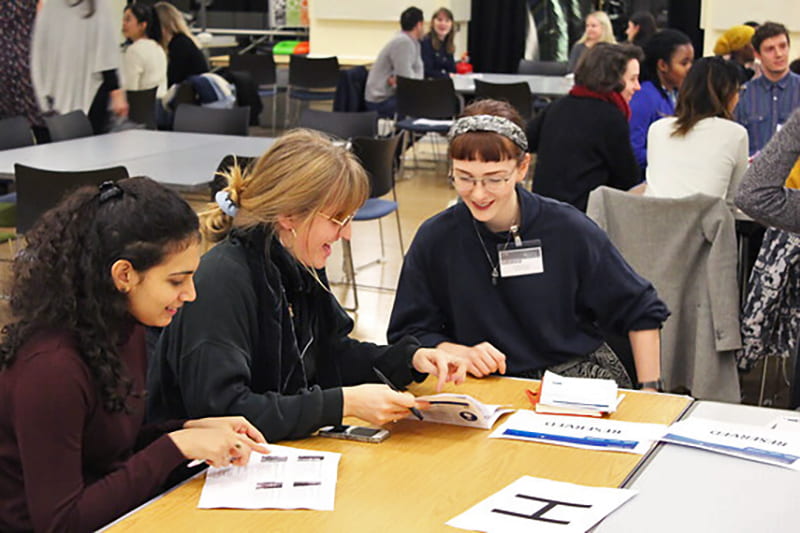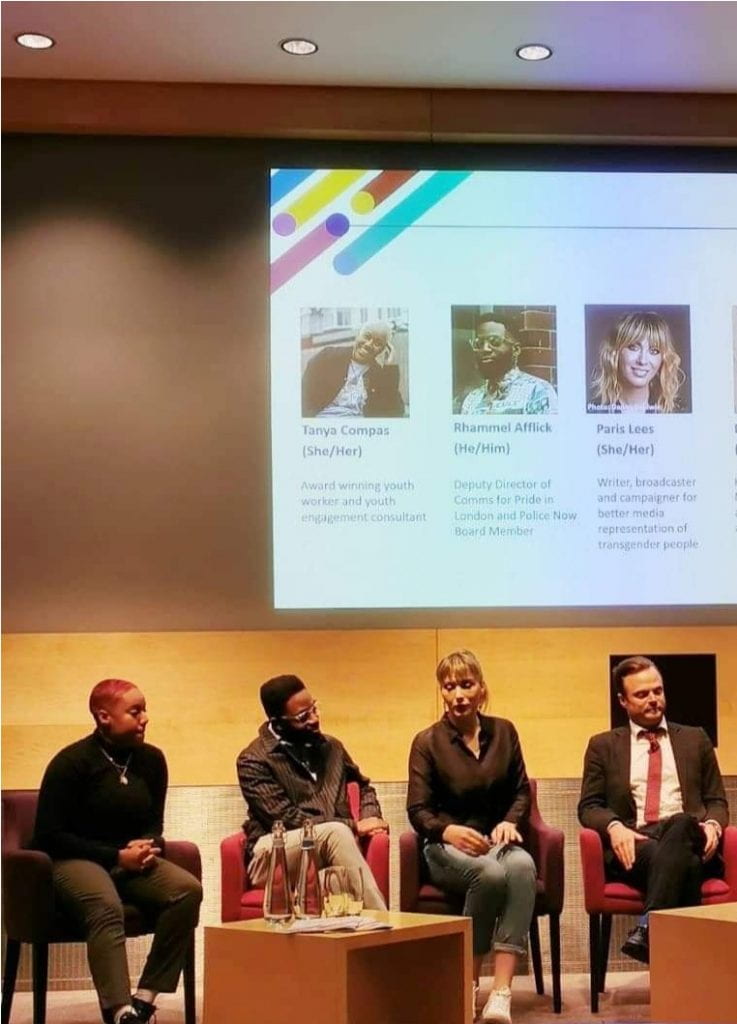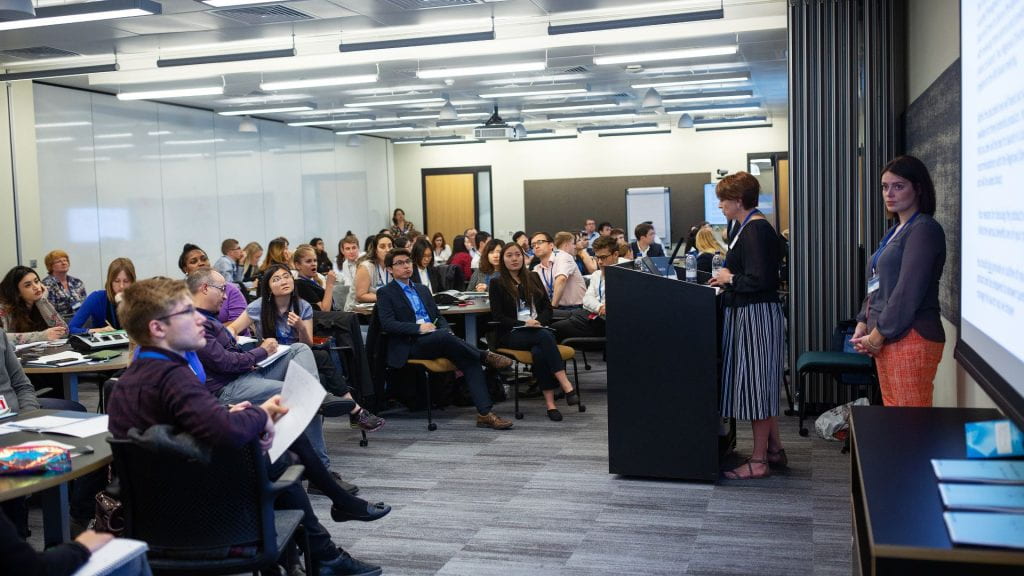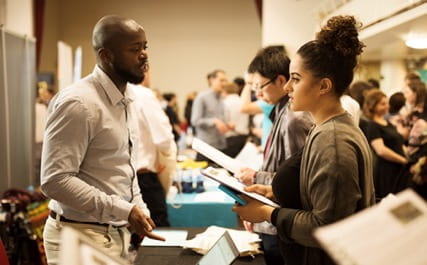Charities & NGOs Week 2020: What we Learnt
By skye.aitken, on 7 February 2020
Written by Sally Brown, Careers Consultant at UCL Careers.
Four events, 3 interviews, 27 sector professionals…and a dog. So, what did we learn? Below you’ll find our main ‘take-home’ messages from Charities & NGOs Week 2020.
Get voluntary experience
Probably the biggest message from our sector professionals was to do some volunteering; indeed, many volunteers go on to work in paid roles in the same charity. Not only does volunteering give you useful transferable skills for your CV, but doing a range of different roles can give you real insights into the kind of role or organisation you would like to apply for. If you know the type of role already – such as Communications – then try to find volunteer experience in that area. Also think ‘quality over quantity’ when it comes to volunteering; it is much better to do a one-off event that gives you a range of connections and develops lots of new skills than trying to do as much as you can because you think it will “look good on your CV.”
But…not all experience has to be voluntary
For many people, volunteering is not a viable option – and organisations will understand this. So, highlight the transferable skills from paid work or from your degree that can be applied to roles within the sector. However, it’s worth noting that there are a lot more opportunities for flexible volunteering nowadays, some of which can be able to be done remotely or have a commitment of as little as one evening a month.
Be open minded
Don’t feel that just because your first role in the sector isn’t quite what you want you will be pigeon-holed. Sector professionals often change their roles many times and progression doesn’t necessarily have to mean straight up – you can move sideways and diagonally if you want! The skills you acquire from this sector means you can also move out of it into more corporate settings should you want to. It’s important to not think that you’re restricted by your degree choice, in fact many of the speaker’s we had in for this week worked in roles that you wouldn’t traditionally associate with their degrees! Finally, don’t be afraid to push yourself out of your comfort zone – whether this is a certain type of role or working for a cause whose client base you might find challenging. When pushing out of your comfort zone, make sure you’re keeping your own wellbeing and mental health in mind though!
Consider smaller as well as bigger charities
Getting roles – whether paid or voluntary – in some of the larger, well known charities can be harder due to the competitive nature of these opportunities. Therefore, consider reaching out speculatively to smaller, local charities and offer to do some volunteering or even inquire about a more permanent paid role. Offering to help with a smaller charity’s social media for example can be particularly useful – as they may not have a dedicated person in the team to do this. Make the most of London and the range of organisations that are based here!
Some of the challenges of the sector?
Lack of resources and funding are massive challenges and can result in a lot of bureaucracy and paperwork in some organisations; it can be difficult to keep in mind the ‘bigger picture’ of the cause when working on something that doesn’t seem relevant to the key aims of the organisation. Progression is also an issue, especially in smaller organisations – so try to be open-minded and flexible.
Be specific when writing or applications or at interviews
Some organisations and roles don’t look at academic credentials – but the competencies and experiences from previous roles. This can be aspects such as knowing the client base and the challenges that comes with this.
Ask questions
Don’t be afraid to do this! Whether during volunteering or reaching out to professionals, ask about the roles people do and work out what matters to you. If you haven’t got the time to give for regular volunteering, then network and make connections where you can.
Thank you to all the professionals who gave up their time – including Prince the dog, who we are pleased to report has now found a new forever home. For further information, why not check out the Lecturecast recordings from the week that will be available to view soon from: https://www.ucl.ac.uk/careers/resources/slides/themed-weeks/charities
 Close
Close











